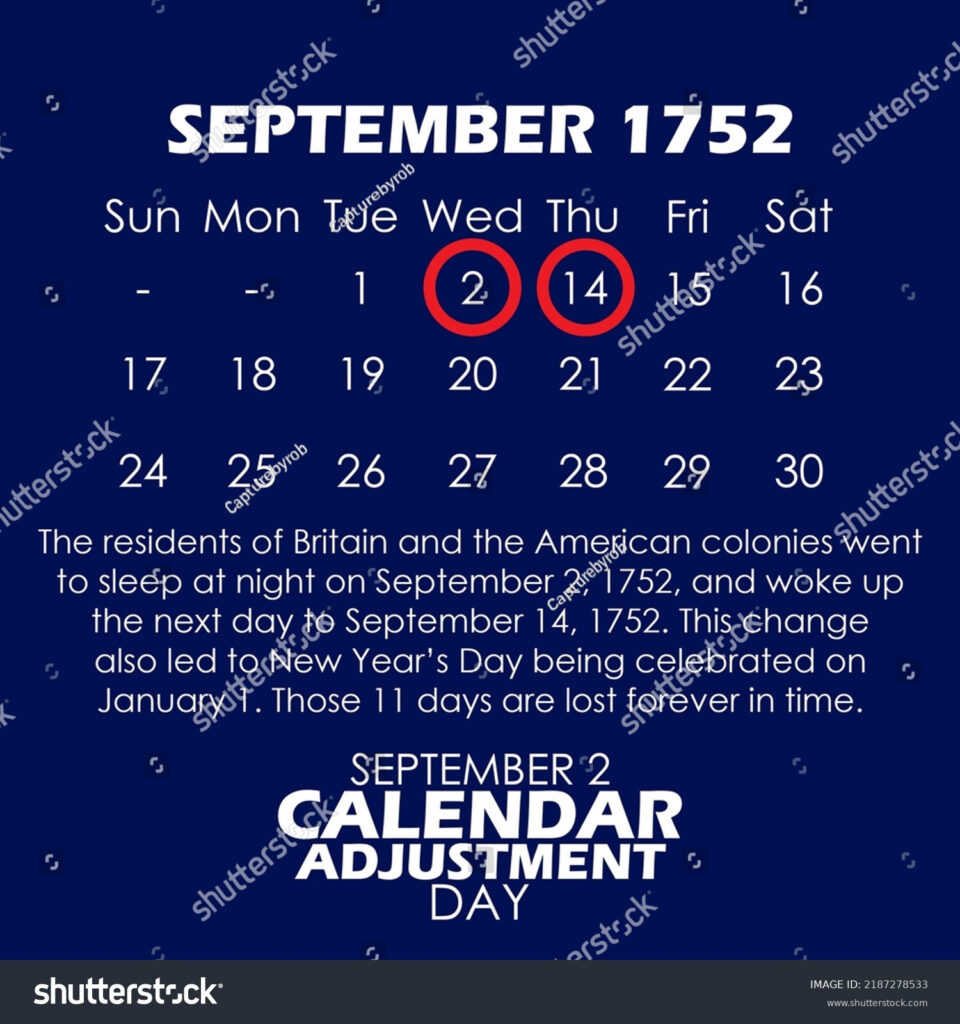In 1752, the Gregorian calendar reform took place in the British Empire, including the American colonies. The Gregorian calendar was introduced to correct the inaccuracies of the Julian calendar, which had been in use for centuries. The reform involved skipping 11 days in September, with the calendar jumping from September 2nd to September 14th.
This adjustment was necessary to align the calendar with the solar year more accurately, as the Julian calendar had gradually drifted out of sync with the seasons due to its slightly longer year.
1752 Year September Calendar
Events in September 1752
Despite the calendar reform, historical events still occurred in September 1752. On September 18th, the British Empire adopted the Gregorian calendar, marking the official switch from the Julian calendar. Additionally, various social, political, and cultural events took place throughout the month, shaping the course of history in the 18th century.
It is important to note that while the calendar reform affected the numbering of days, the events themselves remained unchanged. Therefore, historians and researchers must consider both the Julian and Gregorian calendar dates when studying historical records from this period.
Conclusion
The 1752 year September calendar serves as a reminder of the Gregorian calendar reform and its impact on historical dating. By understanding the reasons behind the calendar adjustment and its implications, we can appreciate the complexities of timekeeping and the efforts to maintain accuracy in tracking time and events.
